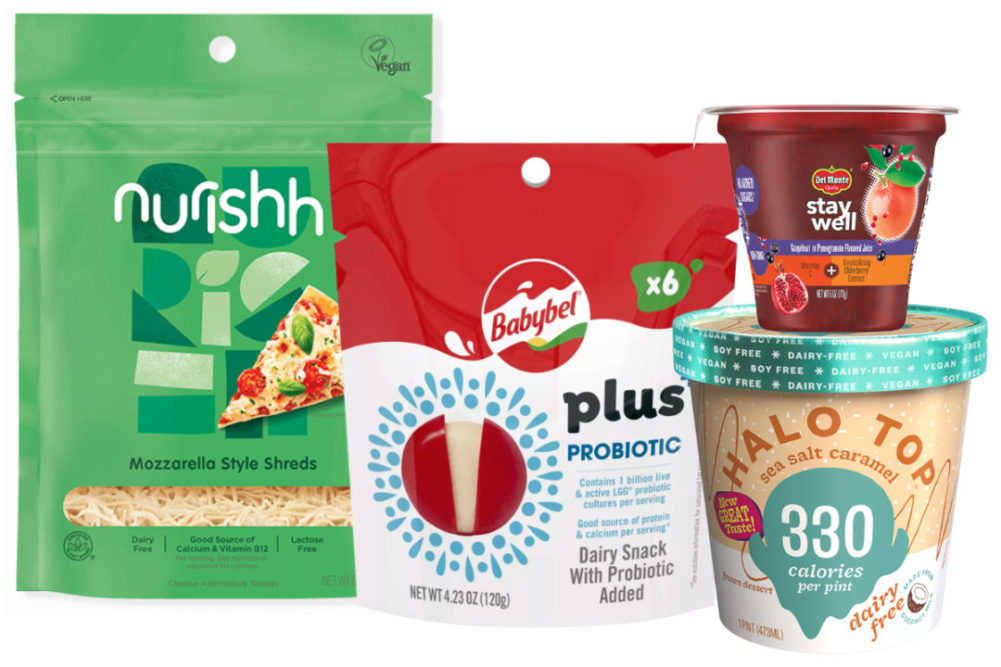LONDON – Consumer interest in snacking has grown as the COVID-19 pandemic has continued. Product developers now are creating solutions that fuse health and indulgence to adjust to changing consumer preferences.
“By all measures, snacking increased during the pandemic,” said Kishan Vasani, co-founder and chief executive officer of Spoonshot, London, during a Sept. 30 virtual session at the Future Food Tech conference. “Social conversations around snacking went up as well as the volume of views went up 160%.”
That consumer interest has triggered near-term and long-term changes to how some companies are approaching the snack market.
“As the pandemic went down we had a major boom in sales,” said Nick Suffredin, head of research and development for Wells Enterprises, Le Mars, Iowa. “It was great for our industry as well as frozen novelties. It helped us realize we needed to offer a lot of variety, especially in single-serve options.”
Loren Druz, vice president of research and development for Del Monte Foods, Walnut Creek, Calif., said meal occasions have given way to “no natural breaks during the day,” and his company is trying to get people more convenient fruit and vegetable snack offerings across all sections of the grocery store.
Examples of innovation from Del Monte include Fruit Infusions, which are fruit snack cups combined with such functional ingredients as coffee extract, vitamin C, turmeric and prebiotics, and Veggieful riced vegetables.
Mr. Druz said the pandemic changed Del Monte’s innovation strategy.
“We focused on getting healthy, affordable and convenient snacks to people,” he said. “We’ve been building vegetables into products like our pot pies with a cauliflower crust. We’re also bringing functional benefits to fruit snacks.”
Caroline Chesneau, director of nutrition for Bel Group, Paris, said her company also is focused on adding benefits to the company’s line of cheeses.
“Cheese is a comfortable, indulgent food, but with calcium and other beneficial ingredients and nutrients,” she said.
The Bel Group has taken additional advantage of consumer demand for indulgent and healthy products by introducing Babybel Plus in the United States. Introduced in January, the product line features two varieties. Babybel Plus Probiotic contains live and active cultures of the LGG probiotics strain, which offers immune health benefits, according to the company. Babybel Plus Vitamins contains vitamins A and B12, which support eyes health and metabolism, respectively, Bel Group said.
Ms. Chesneau added her company is viewing consumer interest in protein through a lens of diversification. While the company’s cheese snacks feature animal protein, Bel Group also has introduced plant-based varieties. This past March the Bel Group introduced Nurishh, a plant-based cheese brand.
“We can see the future is to broaden the eyes of our consumers through the diversification of their intake of protein,” Ms. Chesneau said.
Mr. Suffredin echoed Ms. Chesneau’s sentiments and said Wells Enterprises, as well as many other ice cream and novelty manufacturers, are moving into non-dairy because of the growth opportunities.
“Consumers are leaning toward the analog space,” he said. “The non-dairy space offers exponential growth and is critical to our innovation.”

